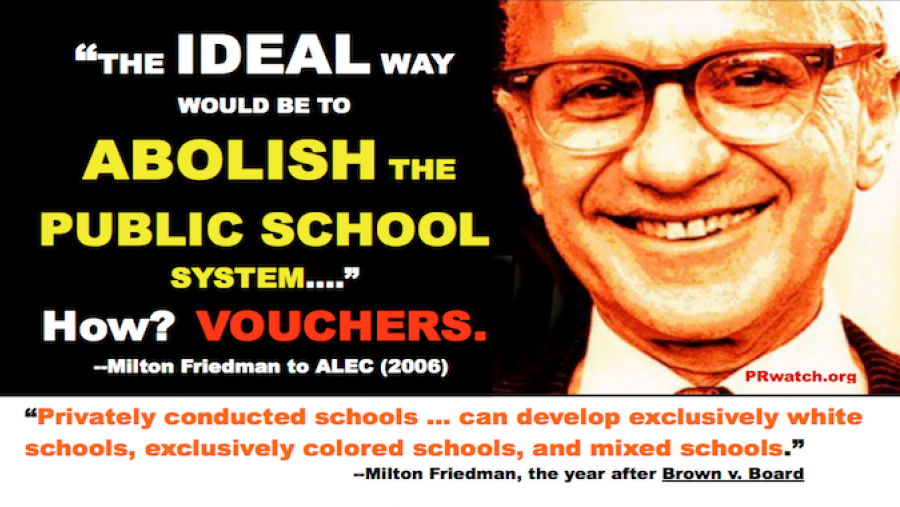Don’t confuse tax credits with school vouchers

Once again, the Texas Legislature is looking for ways to expand educational opportunity to all children.
While wealthy families can afford to live in districts with high-performing public schools or pay for private school tuition, low-income families often have no financially viable options besides their assigned district school.
One way to address this inequity would be for Texas to grant school vouchers that parents could redeem at the school of their choice.
Eleven of 12 random-assignment studies — the gold standard of social science research — found that school choice programs produce modest but statistically significant positive outcomes, including increased academic performance and higher rates of high school graduation and college enrollment.
However, in a recent series of op-eds, the group Pastors for Texas Children has raised valid concerns about vouchers.
First, they argue government funding generally comes with government regulations. Though there is always the possibility the government could impose harmful regulations even without corresponding funding, it is true that voucher programs often entail significant regulations on private schools.
Second, the pastors contend the use of public funds is coercive. Though the U.S. Supreme Court ruled that school vouchers are constitutional, vouchers nevertheless force all citizens to pay for the teaching of ideas that some citizens might find objectionable.
Of course, this is also true of the public school system, but vouchers would nevertheless constitute an expansion of that coercion.
Fortunately, there’s a way to expand educational choice without using public funds.
Tax-credit scholarship laws, like Senate Bill 4 in the current legislative session, encourage private donations to nonprofit scholarship organizations that help low- and middle-income families send their children to the schools that work best for them.
Last year, nearly 200,000 students in 13 states used tax-credit scholarships to attend their school of choice, and two more states passed similar laws so far this year.
The Pastors for Texas Children claim that these scholarships “are plainly private school vouchers,” but they are not. Two programs may share the same ends but employ very different means.
For example, food banks and food stamps are both programs that aim to feed the hungry, but they are plainly not the same. Food stamps are government-funded and administered; food banks are privately funded and administered.
Likewise, vouchers and tax-credit scholarships share the same goal — expanding educational opportunity — but the differences are significant.
Vouchers are government funds granted to low-income families by the government. By contrast, tax-credit scholarships rely on voluntary contributions to nonprofit scholarship organizations, which is why the tax credit laws do not impose the same regulatory burden as vouchers.
The pastors argue that the tax credits constitute government funding, but the U.S. Supreme Court ruled otherwise.
In ACSTO v. Winn (2011), the court ruled that private funds do not become “government property” until they have “come into the tax collector’s hands.” Rather, when “taxpayers choose to contribute to [scholarship organizations], they spend their own money, not money the State has collected.”
Constitutionally, this is no different than other forms of tax deductions or exemptions.
Do Pastors for Texas Children believe that their churches are “government funded” because their donors receive tax deductions or because their churches receive 100-percent property-tax exemptions? Do they believe that other citizens are coerced into supporting their churches because of these tax deductions and exemptions?
We should all admire the pastors’ passion for education and seriously consider their concerns about vouchers. The pastors should also consider the facts about tax-credit scholarships.
The scholarships would expand educational opportunity to low-income families without coercing other citizens or imposing harmful regulations on private schools. That’s a goal we should all embrace.
JASON BEDRICK IS A POLICY ANALYST AT THE CATO INSTITUTE’S CENTER FOR EDUCATIONAL
FREEDOM.
Read more here: http://www.star-telegram.com/opinion/opn-columns-blogs/other-voices/article21619608.html#storylink=cpy
FREEDOM.
Read more here: http://www.star-telegram.com/opinion/opn-columns-blogs/other-voices/article21619608.html#storylink=cpy

